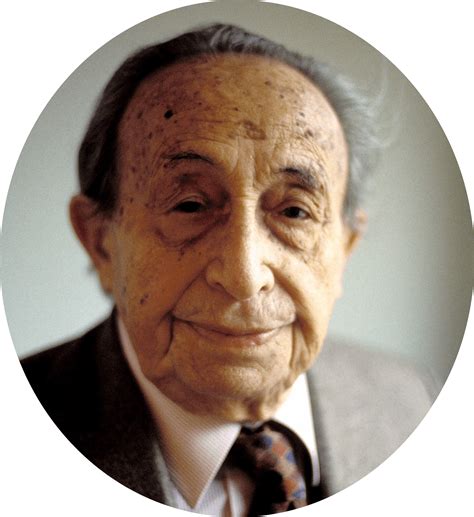A Quote by Kirk Franklin
If we were not sinners, Jesus would not have had to come. If he didn't see us as sinners, he could have loved us without dying for us. He died for our sins. So if we're all sinners, that means everybody's in the pot together needing the same love, the same grace and the same forgiveness.
Related Quotes
When I immersed myself in prayer and united myself with all the Masses that were being celebrated all over the world at that time, I implored God, for the sake of all these Holy Masses, to have mercy on the world and especially on poor sinners who were dying at that moment. At the same instant, I received an interior answer from God that a thousand souls had received grace through the prayerful mediation I had offered to God. We do not know the number of souls that is ours to save through our prayers and sacrifices; therefore, let us always pray for sinners.
The vicar, whose name is Reverend Waite, leads us in prayers that all begin with 'O Lord' and end with our somehow not being worthy-sinners who have always been sinners and will forever more be sinners until we die. It isn't the most optimistic outlook I've ever heard but we're encouraged to keep trying anyway.
Jesus never met a disease he could not cure, a birth defect he could not reverse, a demon he could not exorcise. But he did meet skeptics he could not convince and sinners he could not convert. Forgiveness of sins requires an act of will on the receiver's part, and some who heard Jesus' strongest words about grace and forgiveness turned away unrepentant.
It has been said that God's gift is also indescribable because of the grace by which it is given. God, who is rich in mercy, gave the world the gift of His dear Son while we were at enmity with Him. Paul says: 'But God commendeth His love toward us, in that, while we were yet sinners, Christ died for us' (Rom. 5:8). Therefore, in Him we are freely given all things: redemption, forgiveness of sins, righteousness, peace, hope, wisdom and knowledge.
You know, Sage, Jesus didn't tell us to forgive everyone. He said turn the other cheek, but only if you the one who was hit. Even the Lord's Prayer says it loud and clear: Forgive us our trespasses, as we forgive those who trespass against us. Not others. What Jesus challenges us to do is to let go of the wrong done to you personally, not the wrong done to someone else. But most Christians incorrectly assume that this means that being a good christian means forgiving all sins, and the sinners.
Having spent time around "sinners" and also around purported saints, I have a hunch why Jesus spent so much time with the former group: I think he preferred their company. Because the sinners were honest about themselves and had no pretense, Jesus could deal with them. In contrast, the saints put on airs, judged him, and sought to catch him in a moral trap. In the end it was the saints, not the sinners, who arrested Jesus.
Justification by grace through faith' is the theologian's learned phrase for what Chesterton once called 'the furious love of G-d.' He is not moody or capricious; He knows no seasons of change. He has a single relentless stance toward us: He loves us. He is the only G-d man has ever heard of who loves sinners. False gods- the gods of human manufacturing- despise sinners, but the Father of (Yeshua) loves all, no matter what they do.
Every Christian should find for himself the imperative and incentive to become holy. If you live without struggle and without hope of becoming holy, then you are Christians only in name and not in essence. But without holiness, no one shall see the Lord, that is to say they will not attain eternal blessedness. It is a trustworthy saying that Jesus Christ came into the world to save sinners (I Tim. 1:15). But we deceive ourselves if we think that we are saved while remaining sinners. Christ saves those sinners by giving them the means to become saints.
The question of why evil exists is not a theological question, for it assumes that it is possible to go behind the existence forced upon us as sinners. If we could answer it then we would not be sinners. We could make something else responsible...The theological question does not arise about the origin of evil but about the real overcoming of evil on the Cross; it ask for the forgiveness of guilt, for the reconciliation of the fallen world
Love sinners, but hate their deeds, and do not disdain sinners for their failings, so that you yourself do not fall into the temptation in which they abide... Do not be angry at anyone and do not hate anyone, neither for their faith, nor for their shameful deeds... Do not foster hatred for the sinner, for we are all guilty... Hate his sins, and pray for him, so that you may be made like unto Christ, who had no dislike for sinners, but prayed for them.


































